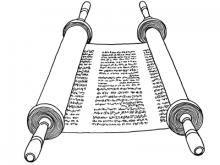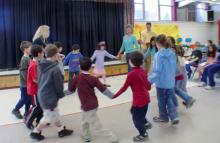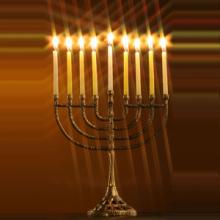Practical Advice From The Torah
Though most translations still tell the stories of the Torah in lofty, archaic language, it's important to understand that the lessons they teach have more to do with the common, human experience than with anything more grand. Underneath the poetics and awkward phrases, the Torah is full of practical advice that is as useful today as it was those thousands of years ago when it was written. The following are just a few selections from the many and varied Toritic lessons for everyday life.



